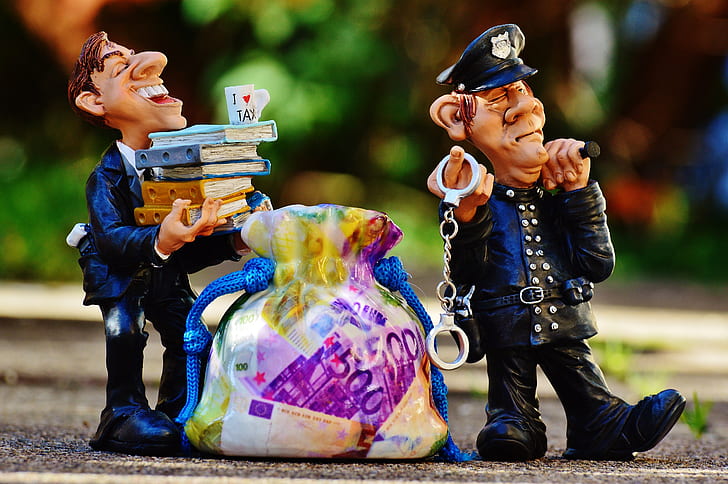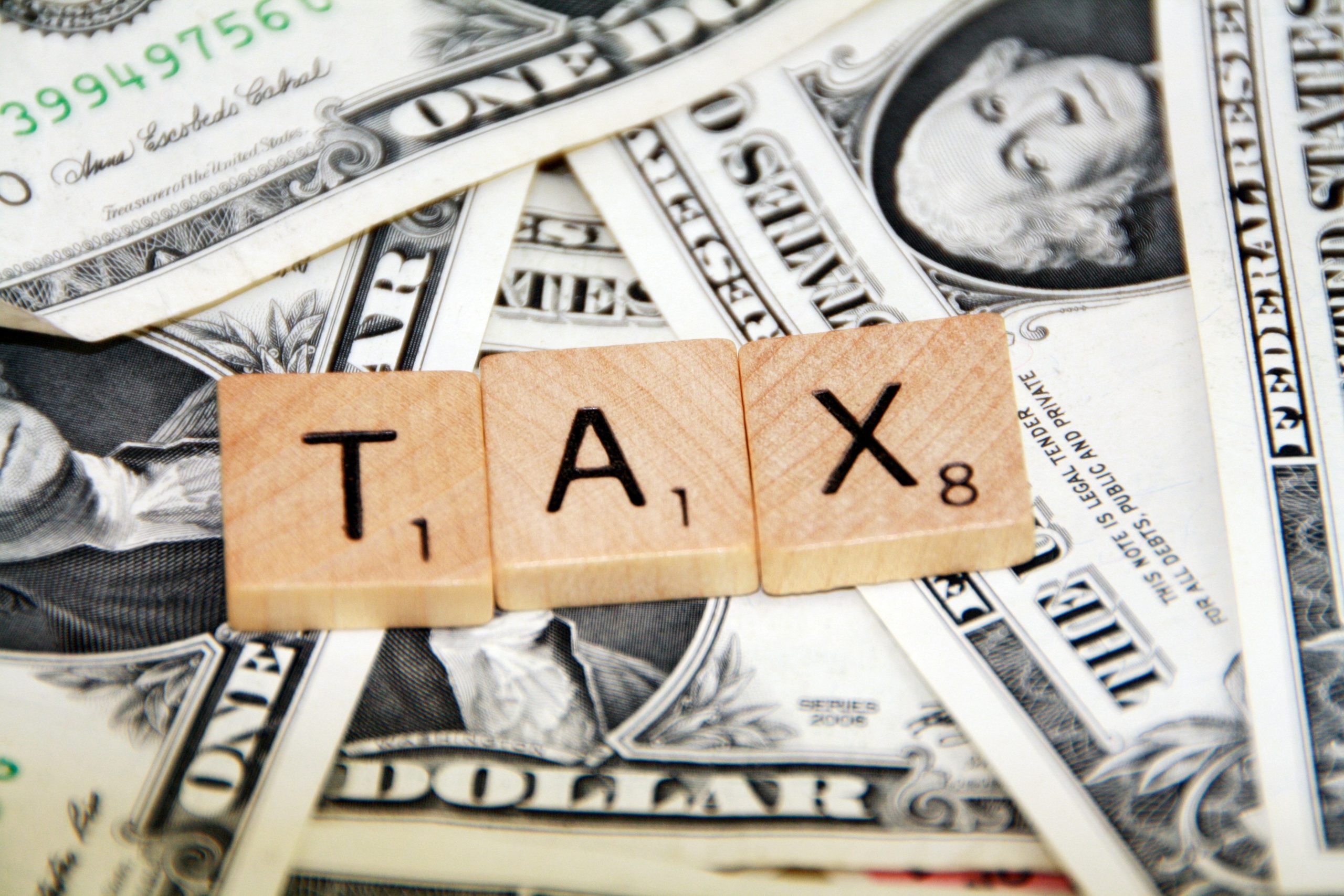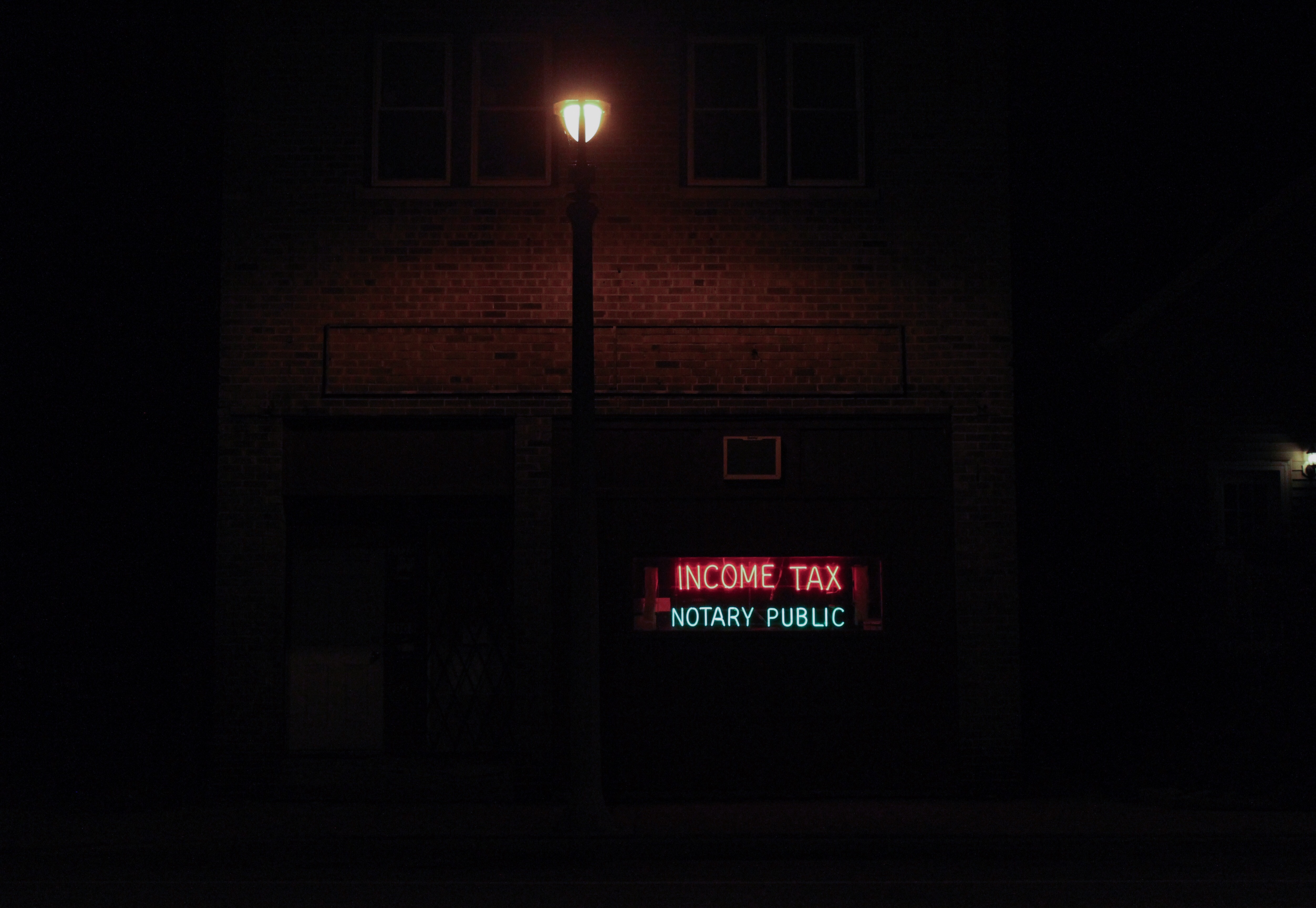By Sara Jespersen
At CBS we will host a workshop and two public events (see below for sign up) on corporate tax and inequality next week 24th – 26th June 2020 – the COVID-19 crisis has underlined the pertinence of this topic in major ways.
Taxation, tax havens and corporate tax have been high on the agenda for a while. Since the outbreak of the global financial crisis of 2008 corporations seeking to minimize their tax payments have been under close watch from the media, civil society and politicians with a focus on ensuring that corporations pay their “fair share”. The OECD and the EU have gone to quite some length to try to stop tax-optimizing behavior through revising and modernizing existing rules and legislation. In collaboration with the IMF and the World Bank they have invested time and resources in strengthening tax systems, governance and improving domestic resource mobilization in low- and middle- income countries. This work is ongoing and corporate taxation is already high on the list of priorities for the world community. But then along came COVID-19.
Taxation is central in two ways when we reflect on the pandemic and what will follow. Firstly, governments have passed historic economic recovery packages to ensure that the private sector stays afloat and to avoid mass lay-offs during the lockdown period in 2020. The question is what can we expect in return? Secondly, the emerging discussion on the disruption caused to national economies should be thought into long-term solutions for sustainability including tax.
“Tax haven free” recovery packages
Poland and Denmark, followed by Italy, Belgium and France have attached an explicit conditionality to their COVID-19 state support that companies cannot be registered in tax havens.
In light of this clear conditionality, there has been a media storm in Denmark, when a journalistic investigation revealed that several companies that government support had an ownership structure that was associated with tax havens and with a consumer outcry on social media. This prompted one of the companies, a well-known bakery “Lagkagehuset”, to take out full-page advertisements in daily newspapers to counter the criticism and explain the company structure. The CEO also did a lengthy interview on the issue of the company’s ownership structure to a major daily newspaper.
Two immediate takeaways can be drawn from this:
- It has revived the discussion about the usefulness of tax haven blacklists (see more on this by CBS professor Leonard Seabrooke in Danish). Which countries should be on them, and what does it mean if you as a business (or individual) are associated with a tax-haven on such a list? One thing is clear, measures to push countries into greater cooperation will not in itself comprise a substitute for measures to make companies act responsibly.
- It has emphasized the importance of corporate governance including a reflected approach to responsible corporate tax practice. The fact that there are so-called tax havens out there warrants companies and individuals to decide how or if they want to be associated with these. If yes, companies must accept that they may be liable to critique and journalistic and even political inquiry into what that association means. It should come as no surprise that association with these jurisdictions may entail suspicion.
Tax havens are not the only concern in relation to companies’ environmental, social and governance (ESG) behavior in this pandemic. The financial times reported how NGOs and investors are challenging shareholder primacy as it leads to growing inequality. Corporate governance and ESG, including tax, is now more than ever one to watch for companies that wish to be part of a sustainable business community in the short-term and the long-term.
Opportunities in the long term
Recovery packages are short-term measures. However, in the long term, the pandemic offers an opportunity that must not be missed in terms of taking a serious look at which direction our global society is heading.
While the pandemic, in theory, cannot tell the difference between the poor and the rich, it is clear that the existing inequality in our society is all made acutely visible during COVID-19. In the US more than 40 million have lost their jobs during the pandemic. In Sierra Leone, there is allegedly just 1 available ventilator in the entire country (for a population of 7 million, where Denmark has more than 1000 ventilators for a population of 5.8 million). As for the gendered impacts even for the better off, there are indications that women are less able to find time to prioritize research and publishing during the crisis than men are (). While big tech companies look to come out of this crisis more profitable and, possibly, powerful than ever.
These are just examples of how inequality is front and center in this crisis and how it offers an important opportunity to consider if the direction we are heading in is where we want to go.
With many countries having been in a complete] lockdown and economic activity at a standstill, this presents a unique opportunity to truly rethink how well the existing economy has worked for our societies and planet. The city of Amsterdam in the Netherlands has seized the opportunity to embrace the concept of the doughnut economy and the OECD is arguing that it makes discussions about challenges of digitalization of the economy and a minimum level of tax for MNEs more pertinent.
Tax is the central tool for governments to raise revenue and engage in redistribution. However, it is much more than a technical tool in an administrative toolbox.
It is the modern social contract for individuals and businesses as highlighted by the discipline of fiscal sociology. Short term, long term, whichever way, you approach it tax should, and will, play a central role in the debate about where we want to go from here towards a more sustainable, and more equal, future.
It provides a key source of revenue to finance vital public services, it can act as an explicit redistributive tool central to fighting inequality, and if used wisely, it can incentivize the behavior of corporations and individuals including the transition to more sustainable practices. Some of these things will be discussed at CBS in June.
A timely workshop on corporate tax and inequality
At CBS we are hosting a timely interdisciplinary workshop as a collaboration between the department for Management, Society and Communication, CBS center for sustainability, and the Inequality platform on corporate tax and inequality. We are bringing together researchers from around the world to meet (virtually) and discuss different pieces of research emerging on this relationship. We have legal analysis, economic modelling, qualitative analysis of tax administration efforts, and sociological analysis of tax professionals and wider societal tendencies on the agenda.
Our keynote speaker Professor Reuven Avi-Yonah will give a (virtual) public lecture (SIGN UP HERE) on Thursday 25th of June 2020 at 14:15 CET. He will speak to the short, medium and long term revenue options in light of the pandemic including a chance for a Q & A. He is a renowned scholar and has published widely on international tax, history of the corporate form, and CSR and tax among other topics.
The workshop concludes on June 26th 2020 with a (virtual) practitioner panel to discuss knowledge gaps (SIGN UP HERE) from the perspective of professionals of various disciplines. Bringing together professionals from media, NGOs, tax advisory services, tax administration and business. This is likely to be a lively debate with the aim of furthering the CBS tradition of engaging the private sector on what could be fruitful avenues for further research in this axis of relevance between tax and inequality.
About the author
Sara Jespersen is a PhD Fellow at Copenhagen Business School. Her research is on the emerging relationship between responsible business conduct and corporate tax planning of multinational enterprises. In a complex governance context, there are now signs of corporations’ self-regulation and the emergence of voluntary standards. Sara is interested in what this means for our understanding of corporations as political actors and the notion of political CSR.
Image by pickpik


